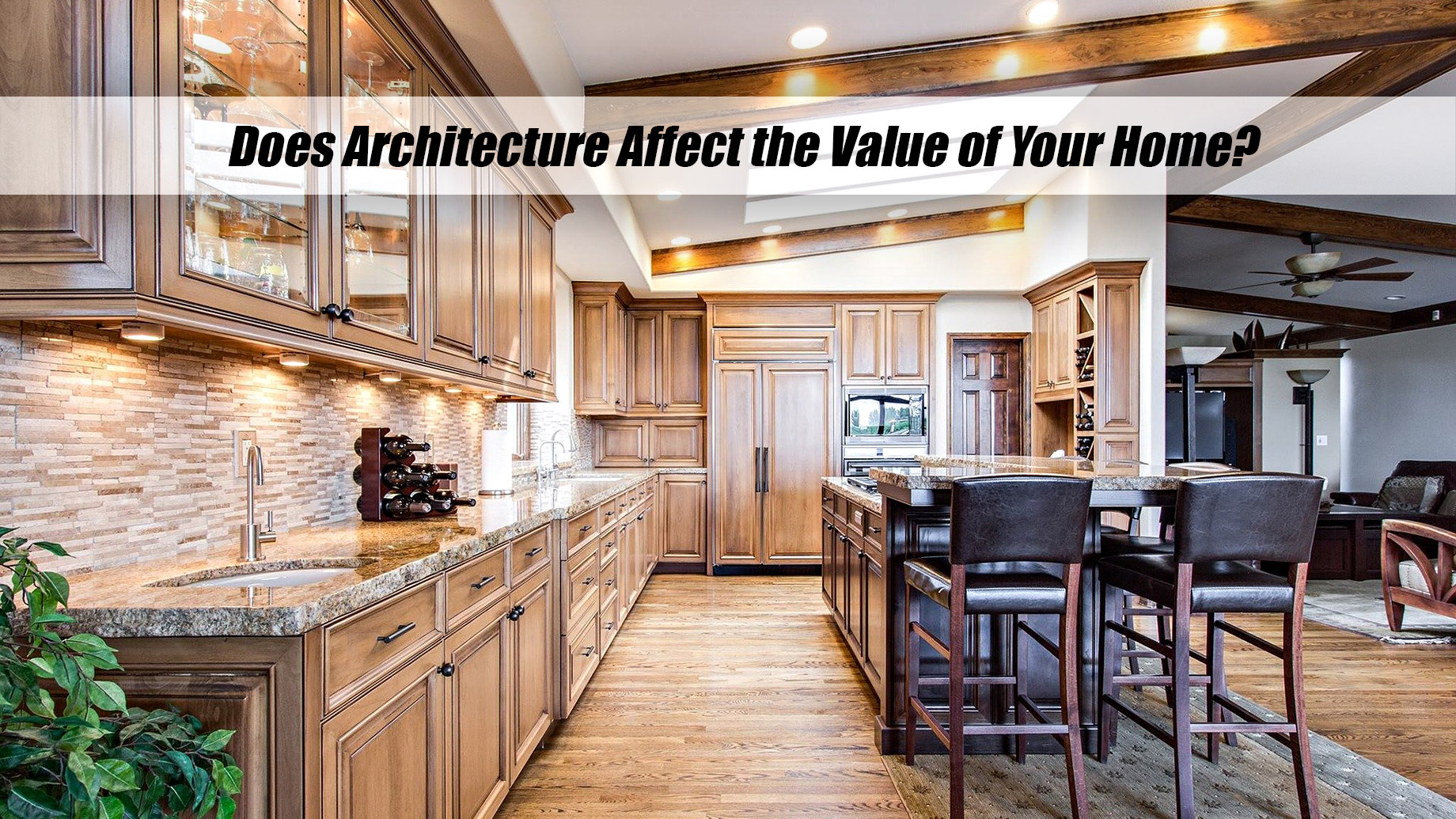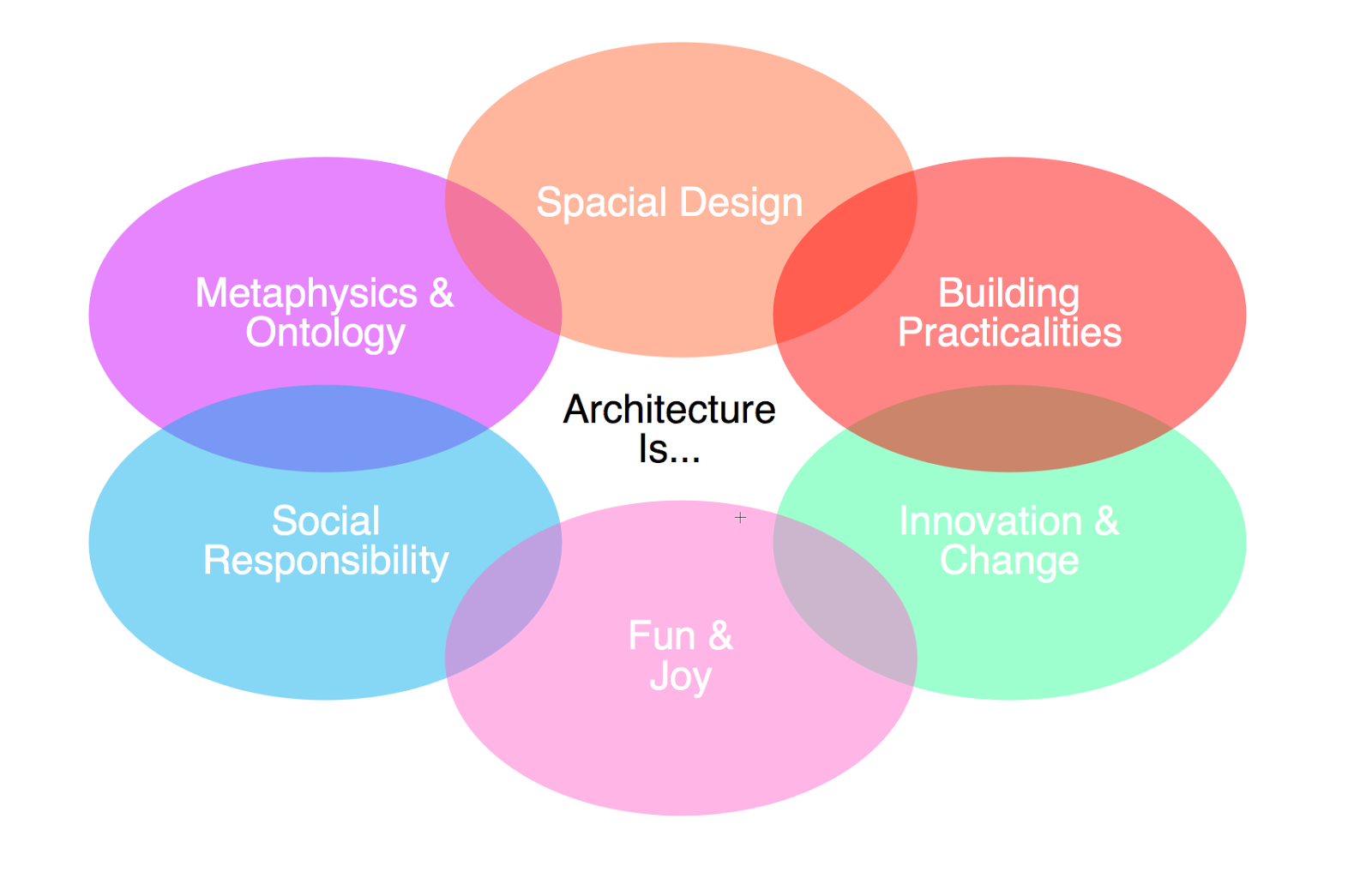How Does Architecture Respond To The Principles Of Place-making?

If you're planning on selling your home or purchasing one, you may have wondered if architecture affects home value. The answer is yes. The design and style of a home can impact its value on the market. Here are several points that explain how architecture affects home value.
First Impressions Count
The exterior of your home sets the tone for what potential buyers can expect to see inside. The style of architecture can make a significant difference in how appealing your home is to a wide range of potential buyers. Homes with modern or contemporary designs tend to be more desirable to younger buyers, while traditional styles like colonial or Tudor attract a more mature audience.
Functionality Matters
Much like the exterior design affects buyer interest, the interior layout of your home can also impact home value. If the flow of your floor plan is awkward or cramped, it can lower your home's market value. A more functional and logical layout can make your home more appealing to potential buyers, which can increase its value on the market.
Neighborhood Influences
The architecture of the surrounding homes in your neighborhood can also influence the value of your home. For example, if you own a modern home located in a traditional neighborhood, it may not fit in. However, if modern homes are the norm in that area, your property value may increase. Consider the location and neighboring home designs when deciding on your home's architecture style.
Energy-Efficient Design
The architecture and design of a home can also impact its energy efficiency. Energy-efficient homes are often more desirable to buyers, which can increase home value. Green architecture, skylights, and large windows provide natural light and help lower energy costs. Having an environmentally friendly home can also appeal to those that are environmentally conscious.
Materials Used
The materials used in the construction of your home can also affect its value. Homes built with higher quality materials tend to have higher values as they last longer and require less maintenance. Materials like stone or brick can make your home stand out, making it more desirable to potential buyers.
Historic Preservation
If you are purchasing or own a pre-1940s home, its architectural design could potentially be considered a historic landmark. This designation can increase the value of the home as it's considered an important piece of history. However, it's important to note that being deemed a historic landmark can also have limitations on what renovations and changes can be made to the home.
Architectural Trends
Finally, architectural trends can also impact the value of your home. For example, open floor plans and smart homes are becoming more desirable among potential buyers. If your home has these coveted features, it could increase its value in the current housing market.
FAQs
Does the age of a home affect its value?
The age of a home can affect its value, but it's not the only factor to consider. Homes that are well maintained, updated, and have modern features can still hold or increase their value on the market.
Can changing the architecture of a home increase its value?
Changing the architecture of a home can increase its value if done correctly. However, it's important to consider the neighborhood and buyers' wants before making significant changes to a home's design.
What are some architectural features that can increase home value?
Features like high ceilings, natural light, energy efficiency, and up-to-date amenities can increase home value. Additionally, designer finishes and high-end appliances can make your home more desirable to buyers.
How can energy-efficient homes increase value?
Energy-efficient homes can increase value by lowering overall energy costs for the homeowners. Additionally, environmentally conscious choices have become increasingly popular among buyers. Therefore, a home that requires less energy to run and has eco-friendly features can increase its value on the market.
When deciding on architecture for your home, it's important to consider all the factors that can impact its value. From functionality to design trends, staying up-to-date with architectural preferences and incorporating eco-friendly features can increase your home's value on the market.



Post a Comment for "How Does Architecture Respond To The Principles Of Place-making?"